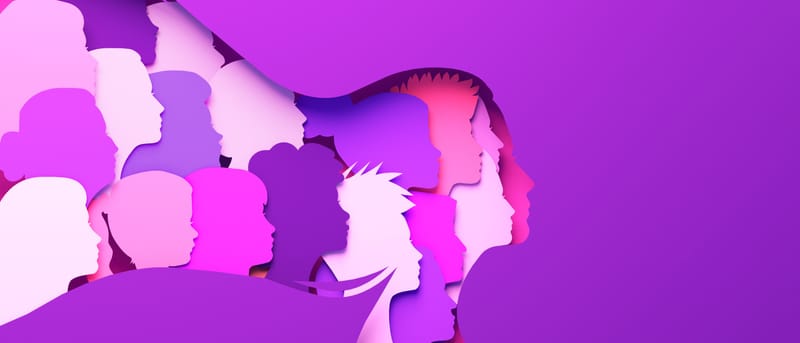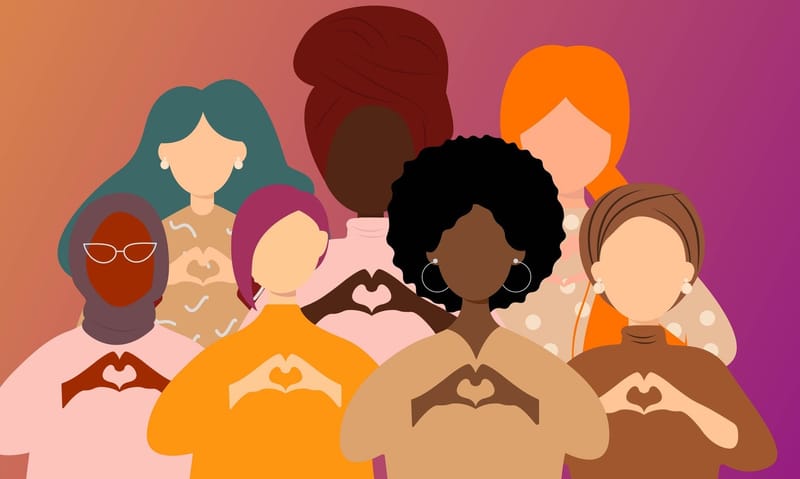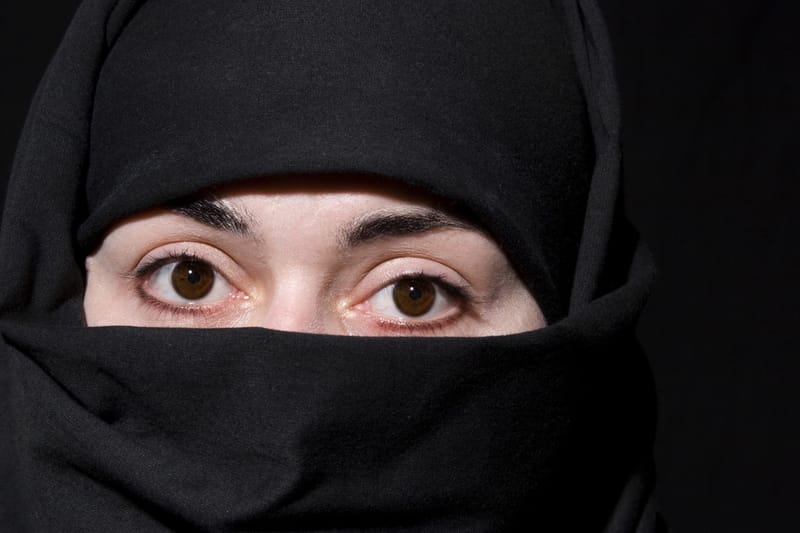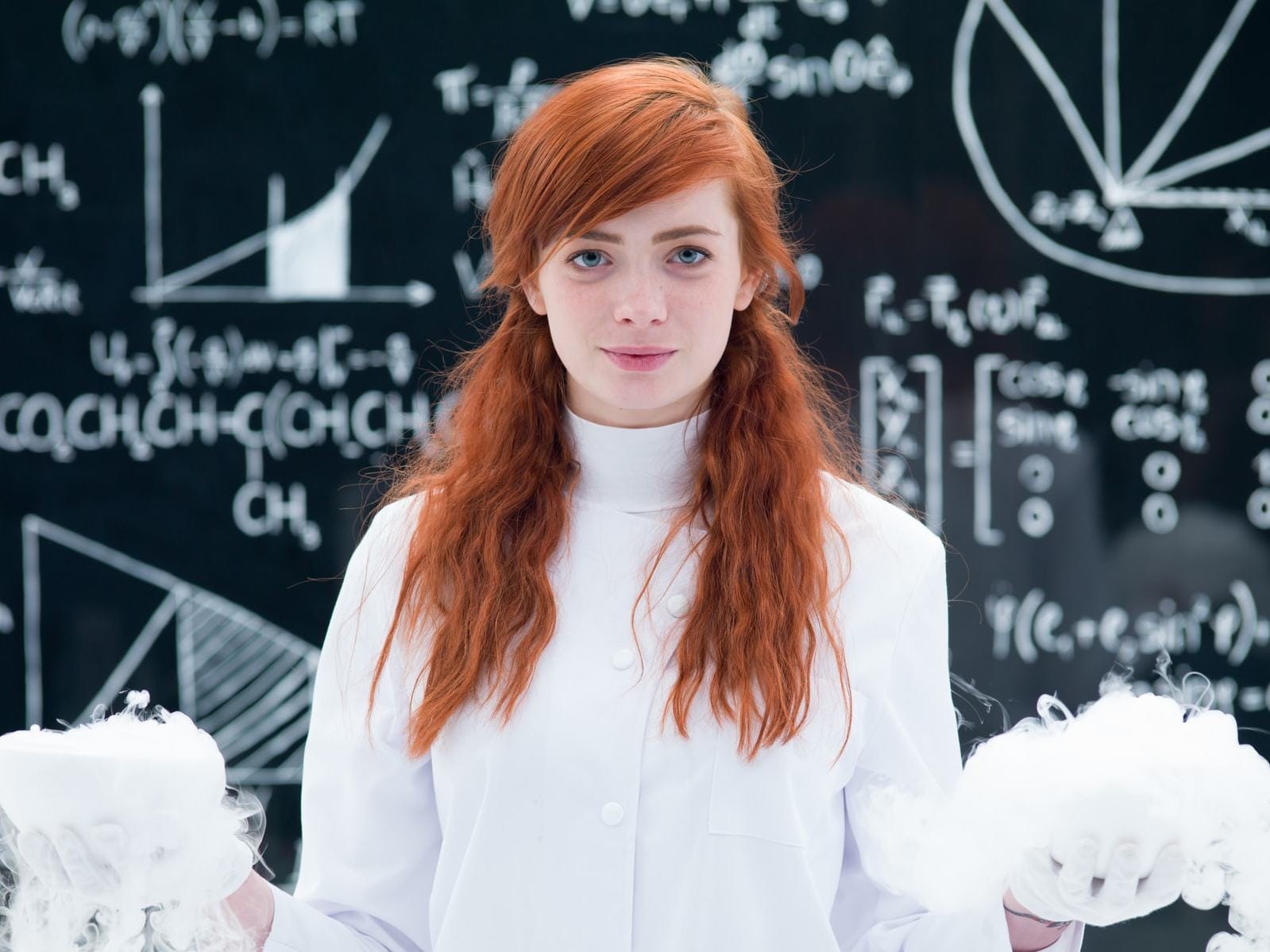
“Huh? You don’t look like a scientist!”
I’ve been the recipient of this puzzling statement made by numerous puzzled people over the course of my so-far-short, but as far as I can tell, not-so-puzzling scientific career.
During a party in my undergraduate years, a well-meaning peer said this with surprise when I revealed to her that I was graduating with a degree in biological science.
When I was struggling to find a job in my field, a recruiter relayed this to me – befuddled – as I explained to him my background and career goals.
A medical doctor, completely unrelated to the reason I was visiting, told me this as we exchanged socially mandated pleasantries.
Each time I hear this sentence I understand it less. If I don’t look like a scientist then what, exactly, is a scientist supposed to look like?
You see, I was under the impression that being a scientist is a profession in which the way you look doesn't dictate your capabilities. But perhaps this is an idealised world view; a product of being raised in a fairly progressive country by very progressive parents.
Over time, while I don’t think I'll ever understand the logic of the sentence, I'm beginning to understand the conviction with which it's said more and more.
It seems that the lack of female representation in science has crept into our collective subconscious, quietly and efficiently seeding a gender bias that manifests itself in a multitude of ways to the detriment of women.
I was 21 when I first discovered my passion for science, and thrust myself head-first into a science degree course. Everything – from the biochemical processes of muscular contraction to the birth and death of stars – fascinated me, and fascinates me still.
To my mum, I had well and truly become a science nerd.
I learned about Darwin, Mendel, Watson and Crick, Newton, Einstein, and Galileo. I was inspired by the rock stars of contemporary science – David Attenborough, Neil Degrasse Tyson, Brian Cox and Richard Dawkins.
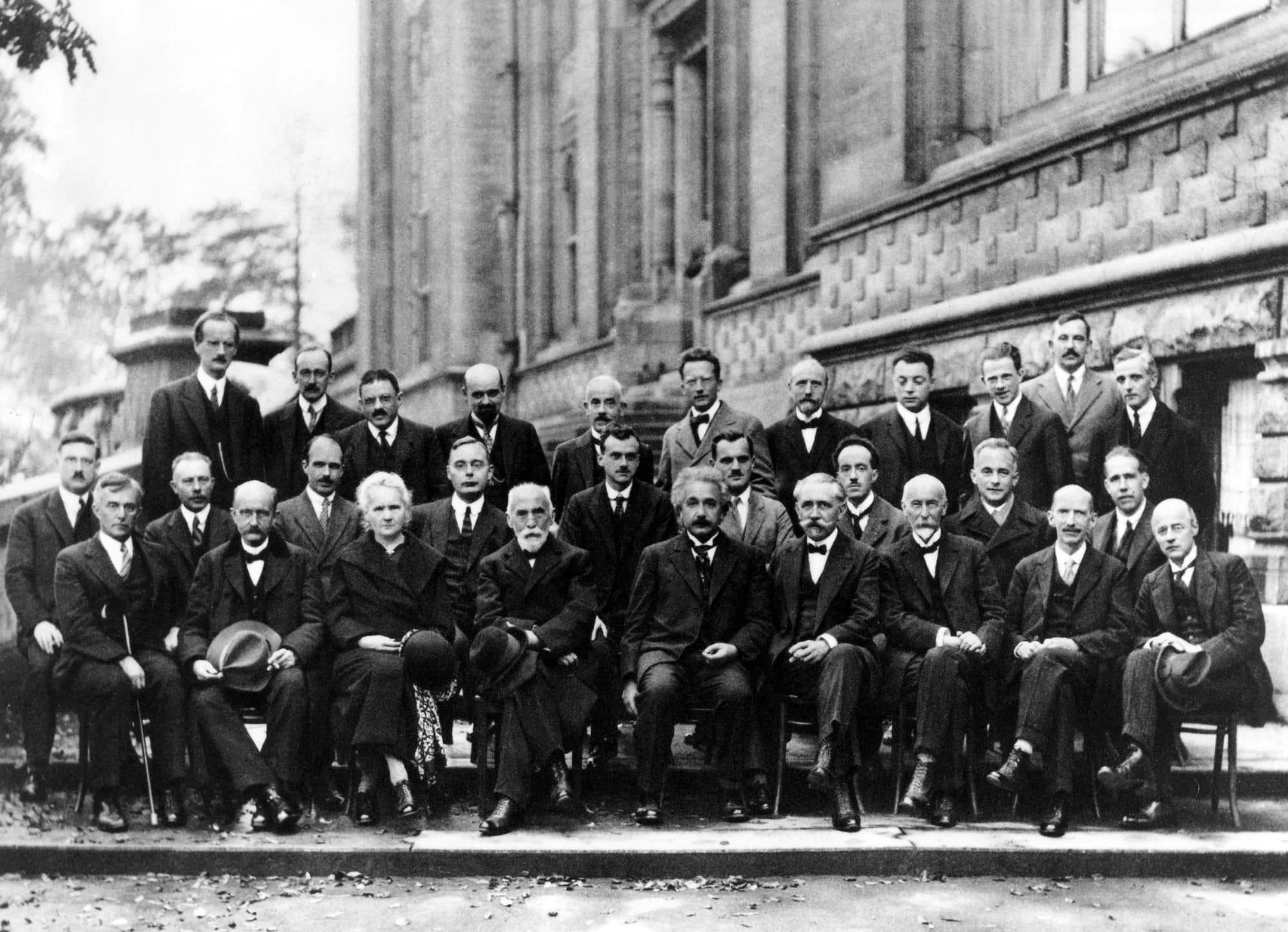
It had never occurred to me that the societally designated "greats" of this wide and wonderful world of science were almost exclusively men. At least, it had never occurred to me until I began hearing, as a young woman, that I didn’t appear to fit into the traditionally accepted view of what a scientist "is".
The more I heard this, the more I wondered what it was that I wasn’t seeing. It didn’t take much to acknowledge the filter through which I and many others were seeing the world.
Science has historically been, and continues to be, a male-dominated field. Yet this is in no way for want of talented, innovative and hard-working women. Women have always been there – on the front lines of world-changing discoveries and paradigm-shifting revelations – despite the systemic and strongly enforced suppression of their sex across institutions and industry.
But worthy contribution is not often commensurate with representation or acknowledgement for women.
With so few women – and still fewer women of colour – being widely portrayed and honoured in science and the media, society as a whole has a very skewed perspective of what a scientist "looks like".
The resulting negative feedback loop contributes to the continuing disparity between men and women in science – it's no coincidence that enrolment, graduation and further pursuit of scientific careers is extremely low for women.
It seems that the lack of female representation in science has crept into our collective subconscious, quietly and efficiently seeding a gender bias that manifests itself in a multitude of ways to the detriment of women.
And these gender biases are everywhere; they don’t exist solely for women in science – they exist in all historically gendered occupations. They exist for male midwives, female politicians, and stay-at-home dads. They exist as products of past or present societal values, and they're present in us all, expressed as exclusionist thinking and careless language.
Changing perceptions
But this is not to say that we're doomed. In fact, I think quite the opposite.
We're in the unique position of being acutely cognisant of the ways in which our subconscious thoughts influence our actions. More than that, we have the ability to change our behaviour accordingly. And change is already happening.
It's reflected in the many strong women who have mentored me and my female peers throughout our scientific educations, and who continue to do so. It's reflected in the efforts that institutions like Monash go to, to celebrate diversity and actively acknowledge the ceilings that are cracked but not yet broken. There's still progress to be made, but the ball is already rolling – we just have to maintain the momentum.
So with that, I leave you with a challenge: reflect on your own subconscious biases and how they shape what you say and do. Make the active choice to interact with them in a constructive way.
Be aware of using exclusionist language such as “You don’t look like an x”, or “She doesn’t seem like a y”, and shift to a more inclusive way of thinking.
It's these subtle but extremely powerful ways of ejecting bias from the conversation that will allow us to keep moving forward towards a truly inclusive society, where there’s no such thing as "looking" like a scientist.


